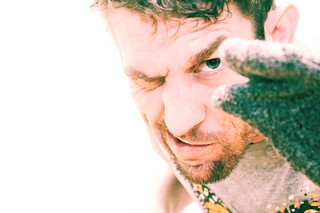Once upon a time, Gomi of the late great Wikipedia Review compiled an introductory survey of criticism that is intended to provide the public with a range of different reasons to shun Wikipedia as an authoritative source of information.
Wikipedia Content
1. Wikipedia contains incorrect, misleading, and biased information. Whether through vandalism, subtle disinformation, or the prolonged battling over biased accounts, many of Wikipedia’s articles are unsuitable for scholarly use. Because of poor standards of sourcing and citation, it is often difficult to determine the origin of statements made in Wikipedia in order to determine their correctness. Pursuit of biased points of view by powerful administrators is considered a particular problem, as opposing voices are often permanently banned from Wikipedia. Wikipedia’s culture of disrespect for expertise and scholarship (see below) makes it difficult to trust anything there.
2. Wikipedia’s articles are used to spread gossip, abet character assassination, and invade the privacy of the general public. So-called “Biographies of Living Persons” are often the result of attempts by powerful but anonymous editors and administrators at humiliating or belittling those real-world people with whom they disagree. Wikipedia’s “anyone can edit” culture has allowed baseless defamation of various individuals to spread widely through the Internet. When the family, friends, associates, or subjects of these biographies attempt to correct errors or insert balance, they are often banned from Wikipedia for “Conflicts of Interest”. Subjects of these hatchet jobs usually must resort to legal action to get the articles removed or corrected, a course not available to all.
3. Wikipedia over-emphasizes popular culture and under-emphasizes scholarly disciplines.Wikipedia contains more articles, of greater depth, on television shows, toy and cartoon characters, and other ephemera of popular culture than on many prominent historical figures, events, and places. Massive effort is spent on documenting fictional places and
…continue reading A Compendium of Wikipedia Criticism


